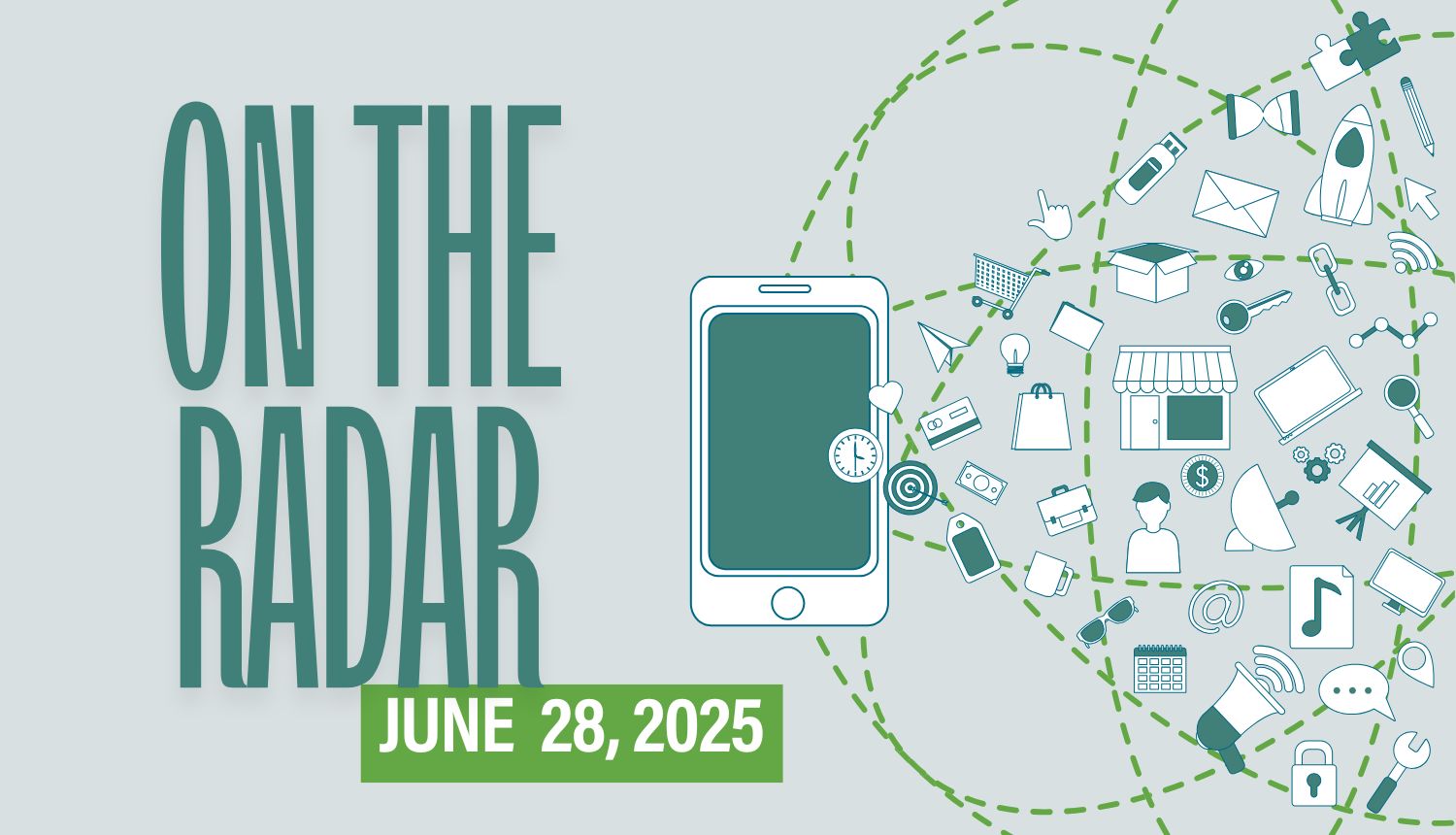Kesha’s ‘Your Love Is My Drug’ Trending on TikTok and Instagram
What? In 2010, pop artist Kesha (then stylized as “Ke$ha”) released the track, “Your Love Is My Drug.” The song compares romantic love to drug addiction. The accompanying video has a ‘70s hippie vibe, complete with psychedelic cartoon art. And it features the singer in some suggestive situations with a guy.
So What? “Your Love Is My Drug” is trending once again thanks to TikTok and Instagram. And some users are posting videos of themselves lip-syncing the song’s bridge to their significant others, which includes the lyrics, “Do you wanna have a slumber party in my basement?”
Now What? Obviously, that element of the trend has some sexual implications that many parents would want their teenagers to avoid. But many users are posting more innocent versions, singing the song alongside a best friend or even a pet. However, this small snippet could also lead your teen to seeking other tracks by Kesha, many of which are more problematic.
What? Pop artist Lorde just released her latest album, Virgin,which features an X-ray image of the singer’s pelvic region, including an intrauterine device (IUD), as the cover art. But those who purchased the vinyl were shocked to find that the inner record sleeve reportedly included a photograph of the artist’s genitals through transparent plastic pants. A crude term combining Lorde’s name and a vulgar word for female anatomy soon started trending online as well.
So What? Lorde’s Virgin is expected to be as culturally defining as Charli XCX’s Brat was last summer (and according to Billboard, Virgin was inspired by that work). And given that she has included a very NSFW picture in the album, you can expect curiosity about her and her music to surge to levels not seen since her debut hit “Royals” back in 2013.
Now What? With Lorde’s album trending just one day after its release, parents will want to monitor what their kids are listening to and looking at related to Lorde. Lorde’s Madonna-like publicity stunt will likely lead to conversations about women’s bodies, self-objectification and whether or not this image constitutes something pornographic or empowering—or both—in the cultural mainstream. Look for Plugged In’s full review of her album next week for more guidance on how to think biblically about the music world’s latest example of explicit sexualization in the name of entertainment and viral attention-getting.
Half of All Teen Boys Report Seeing Sexualized Firearm Ads Weekly
What? In a new survey by Sandy Hook Promise (a nonprofit dedicated to protecting children from gun violence), researchers found that 54% of boy ages 10-17 “report seeing sexually charged firearm content at least once a week.”
So What? Psychologist Jillian Peterson explains that social media or ad content that suggests weapons will make guys feel more powerful or attractive to women “can be a dangerous message to a vulnerable teenager.”
Now What? The first step starts with awareness. Only 27% of the parents surveyed were privy to the fact that their kids were following influencers who promote firearms. And only 8% had noticed that this type of content tends to be sexually tinged. But you should also talk to your sons about how these ads make them feel. Do they feel that in order to “be a man,” they need to be tough and surrounded by attractive women? “This is an impossible and unrealistic vision of manhood that sets boys up for failure, disappointment and frustration,” writes Ashleigh N. DeLuca for Parents. But it also conflicts with God’s instructions to “do justice,” “love kindness,” “walk humbly” (Micah 6:8); and to “Be on your guard; stand firm in the faith; be courageous; be strong. Do everything in love” (1 Cor. 16:13-14).













.jpeg)
